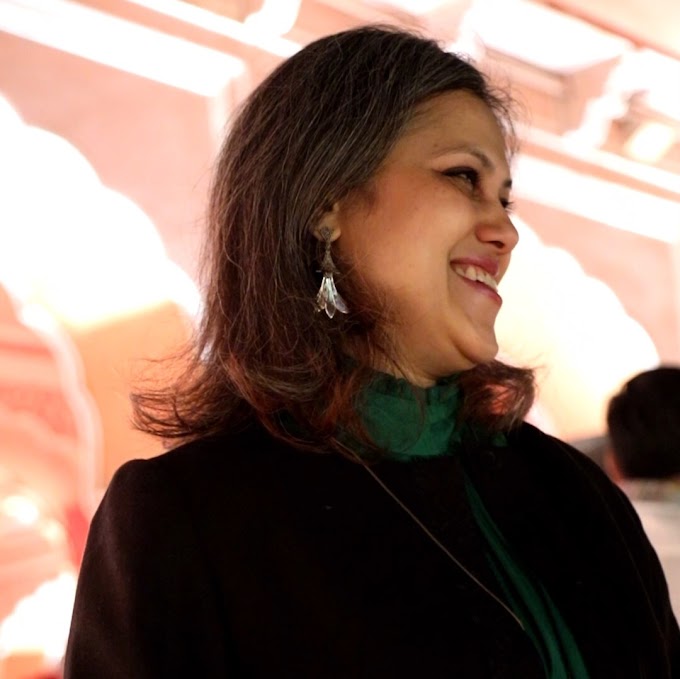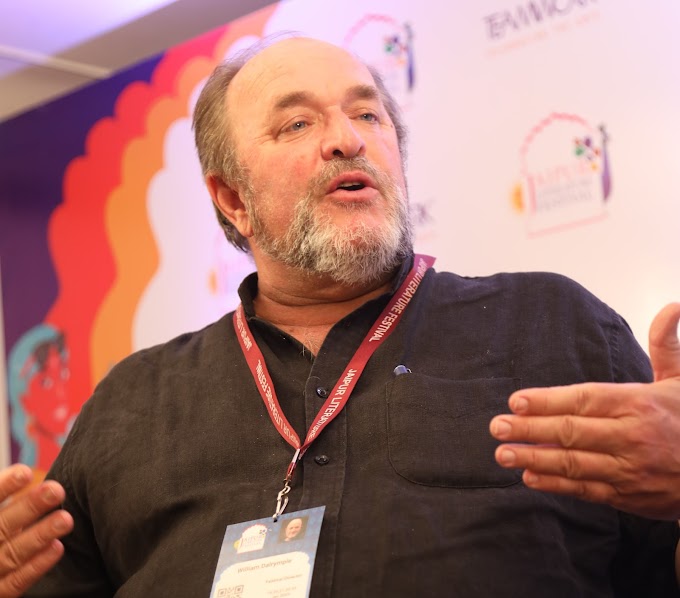As the G20 summit unfolds, notable absences and growing diplomatic tensions take center stage. Chinese President Xi Jinping and Russia's Vladimir Putin are missing from the lineup, while Western leaders and their allies gather to address pressing global issues. This blog post delves into the implications of these absences and the diplomatic intricacies at play during India's G20 presidency.
The G20 summit, a forum of the world's major economies, has
always been a platform for meaningful discussions and diplomatic engagement on
crucial global issues. This year, however, it seems to be veering into
uncharted territory as notable leaders are conspicuously absent.
The absence of Chinese President Xi Jinping and Russian
President Vladimir Putin looms large over the summit. Xi's decision to send
Premier Li Qiang instead of attending personally raises questions about China's
priorities on the global stage. Meanwhile, Putin's absence amid Russia's
ongoing conflict in Ukraine adds a layer of complexity to the discussions.
In the absence of Xi and Putin, the summit is poised to be
dominated by Western leaders and their allies. Among those attending are U.S.
President Joe Biden, German Chancellor Olaf Scholz, French President Emmanuel
Macron, British Prime Minister Rishi Sunak, Saudi Arabia's Mohammed Bin Salman,
and Japan's Fumio Kishida. The absence of these two influential leaders shifts
the balance of power at the summit, potentially affecting the outcomes and
agreements reached.
One of the defining features of this year's G20 summit is the
hardened stance on the war in Ukraine. The ongoing conflict has prevented the
agreement on even a single communique during the ministerial meetings of
India's G20 presidency. This contentious issue now falls into the laps of the
leaders themselves, raising the stakes for finding a path forward.
Despite President Xi's absence, China has signaled its
willingness to engage constructively at the summit. Chinese foreign ministry
spokesperson Mao Ning emphasized China's commitment to working with all parties
to achieve a positive outcome. This conciliatory tone comes in response to
accusations by British Prime Minister Rishi Sunak, who suggested that China had
delayed agreements on various issues, including the situation in Ukraine.
In New Delhi, British Prime Minister
Rishi Sunak found himself navigating delicate diplomatic waters. While
acknowledging India's sovereign right to determine its stance on international
issues, Sunak hinted at the importance of upholding the international rule of
law, the UN Charter, and respect for territorial integrity. These remarks hint
at a potential divergence in viewpoints between India and its Western allies on
Russia's actions in Ukraine.
India, under the leadership of Prime Minister Narendra Modi,
has opted for a nuanced approach to the conflict in Ukraine. Unlike many
Western nations, India has refrained from directly blaming Moscow for the war.
Instead, it has consistently advocated for a diplomatic solution through
dialogue and negotiations. However, recent reports suggest that Prime Minister
Sunak may urge his Indian counterpart to take a more assertive stance against
Russia's actions.




